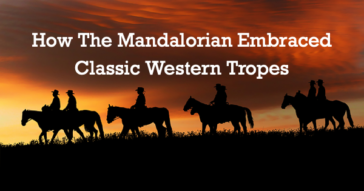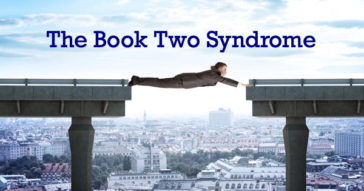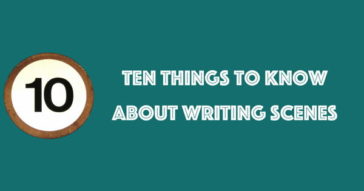Oh, Those Voices! (Part 1)
Happy New Year! And what a better way to start than tackling one of the knottiest issues in writing: voice. We were born with a voice. So why is it many manuscripts get rejected because an agent/editor says there’s no voice? Then we authors go off frantically searching for our voice as though we’d misplaced it somewhere. The truth of the matter is that you have a voice. It’s just that, often, an author’s voice doesn’t work for a number … Read More »






